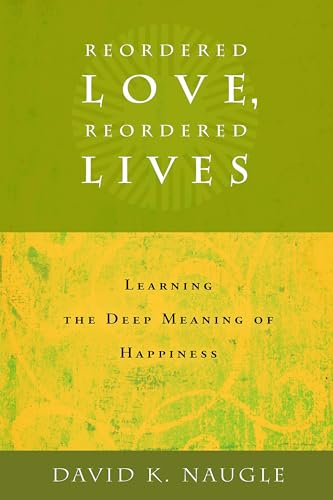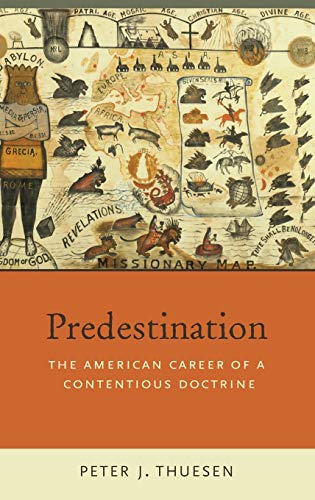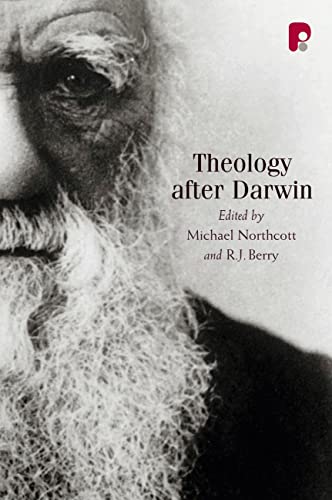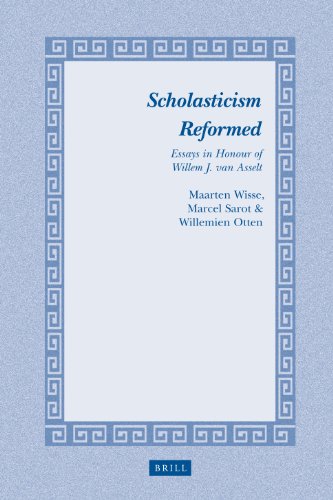Crossing specialties in biblical studies is risky business, not least when the crossover is on the scale of a semi-technical commentary. I suppose it might be equivalent to an NBA star trying his hand at the MLB. As Michael Jordan (or, at least his stats) will admit, that sort of move can have unexceptional results. What then is Peter O’Brien, veteran Pauline scholar and commentator, doing writing a commentary on Hebrews, a letter some have called “perhaps the most enigmatic … text of first-century Christianity” (Attridge)? Has he managed a feat of unusual academic versatility, or does his commentary approximate Mendoza-Line mediocrity? One reviewer, at least, enthusiastically suggests the former, noting that “[i]t would be difficult to find a more helpful guide [to Hebrews] than Dr. O’Brien” (p. xi). I would concur, though the proof is, of course, in the reading. In the following observations, therefore, I can only hope to whet the reader’s appetite to “taste and see.”
For starters, O’Brien’s text is admirably uncluttered with technical detail or scholarly debate. Some of this, no doubt, owes to the series’ aims (cf. p. xi), though O’Brien probably deserves credit here as well. He seems to have an uncanny sense for just what to put above and below the footnote separator line—a lamentably-rare gift indeed. In the text, O’Brien nicely integrates the best insights of discourse analysis, particularly via George Guthrie’s seminal work. The upshot of this is a very useful outline (pp. viii–x), which is incorporated into the text’s headers, and a number of situating-summaries prefacing new sections. (For a reader unfamiliar with Hebrews, these would be ideal places to begin: see esp. pp. 44–47, 63, 125–26, 179–80, 187–88, 286–87, 360–61, 371–72, 502–3.) In addition, O’Brien is sensitive to both intratextual (i.e., within Hebrews) and intertextual connections, frequently drawing illuminating parallels. In my copy I have a good two dozen or so places where I scribbled “good connection” in the margin. On this score, O’Brien (probably rightly) gives more precedent to OT and NT parallels than he does to non-canonical Jewish (esp. Qumran) and Greco-Roman ones. The interested reader, therefore, may wish to supplement O’Brien’s text with, say, Attridge to round the picture out a bit. This suggestion notwithstanding, O’Brien has clearly done his homework. He has identified and put to use the best of the secondary literature (incl. European). He is in constant dialogue with many of the first-rate commentaries (esp. Attridge, Bruce, Ellingworth, Koester, Lane, Spicq, and Weiss), key monographs, and (fairly) recent periodical literature. Moreover, as one might expect from his previous work, O’Brien demonstrates considerable mastery of the other relevant domains, including Greek syntax, linguistics (esp. verbal aspect—of the Campbell variety), textual criticism, and lexicography (see esp. his interaction with John Lee’s work). And, finally, his remarks on matters of special introduction and interpretive cruxes are generally reasonable, lucid, and convincing, though one will probably want to supplement these as well, perhaps with one of the beefier commentaries by either Lane or Ellingworth.
In short, O’Brien has shown remarkable versatility and, along the way, left us once again in his debt. Time will only tell, but I suspect he has produced a volume that will replace that of his esteemed mentor, F. F. Bruce. Like Bruce’s volume, this is a commentary college professors and, especially, pastors will want to keep within reach while expositing this penetrating “word of exhortation.”
Jared Compton
Jared Compton is associate professor of New Testament and Biblical Theology at Bethlehem College & Seminary in Minneapolis, Minnesota.
Other Articles in this Issue
Most of us, I suspect, develop fairly standard ways, one might even say repetitive ways, to appeal to the motivations of our hearers when we preach the gospel...
How to Write—and How Not to Write—A Review: An Appreciative Response to Reviews of Ancient Near Eastern Themes in Biblical Theology by Dempster and Edgar
by Jeffrey J. NiehausI want to thank Themelios for the unusual opportunity to interact with two reviewers of my book Ancient Near Eastern Themes in Biblical Theology...
Parallels, Real or Imagined? A Review Article of Jeffrey J. Niehaus, Ancient Near Eastern Themes in Biblical Theology
by William EdgarWhen I came to Westminster Theological Seminary in Philadelphia as a young student in the 1960s, two things struck me...
Why Evangelicals Should Ignore Brian McLaren: How the New Testament Requires Evangelicals to Render a Judgment on the Moral Status of Homosexuality
by Denny BurkIn 2006 on Christianity Today’s leadership blog, Pastor Brian McLaren urged evangelical leaders to find a “Pastoral Response” to their parishioners on the issue of homosexuality...
A Member of the Family or a Stranger? A Review Article of Jeffrey J. Niehaus, Ancient Near Eastern
by Stephen DempsterWe cannot overstate how important knowing the context is for understanding the significance of any communication, whether that is a simple word, sentence, paragraph, larger text, sign, photograph, or cultural cue...







